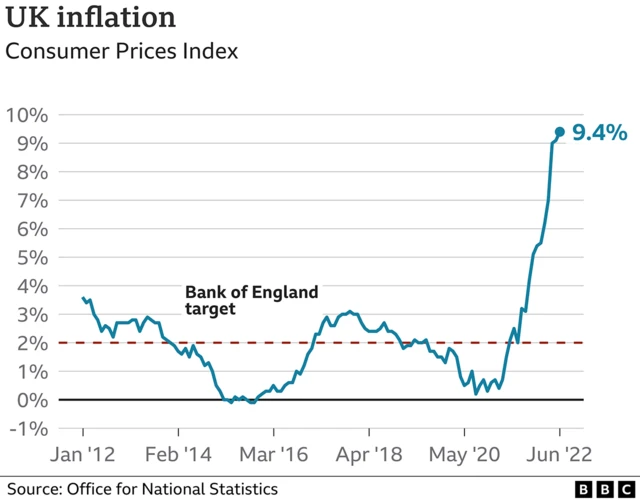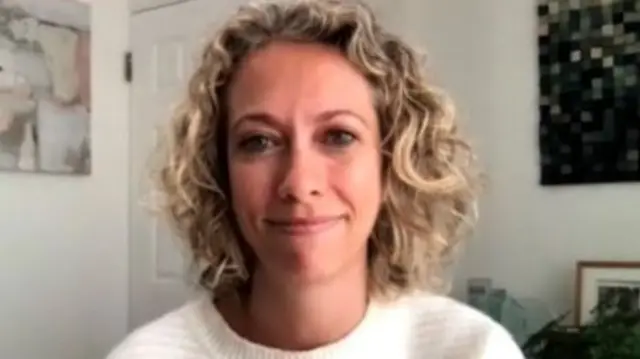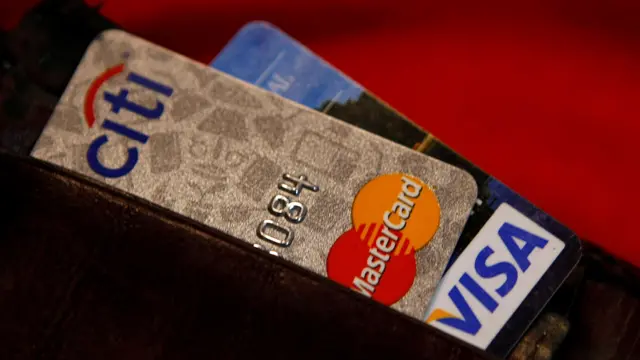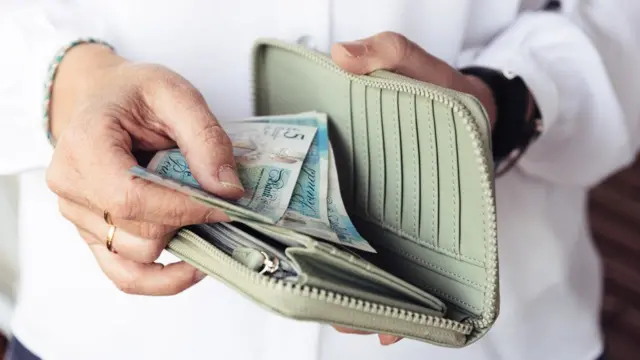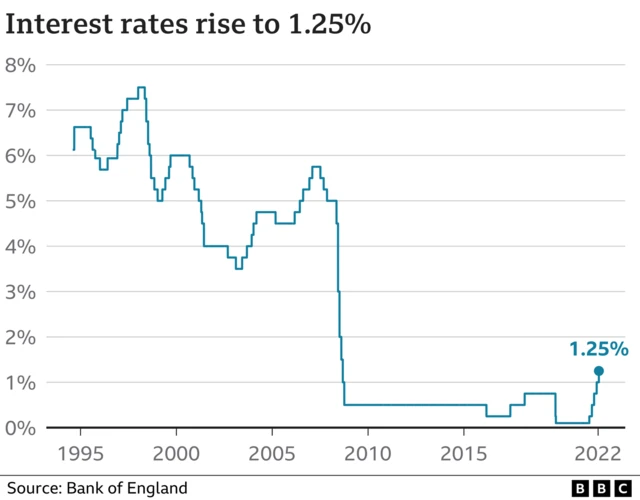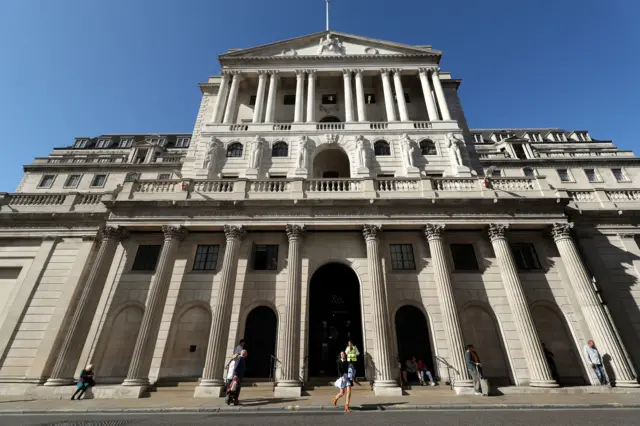'If interest rates go up I'll owe an extra £250 a month'published at 11:39 BST 4 August 2022
 Image source, Patrick Reid
Image source, Patrick ReidPatrick Reid owes £25,000 in loans and credit cards.
He's worried about how much another hike in interest rates will cost him.
"Any increase will be hugely noticeable," he says.
"At present I repay around £1,800 a month but I have worked out that I will conservatively need to pay another £250 a month to keep up with the debts.
Based in London, Patrick owns his own business and says his income is "good".
"But if my customers drop off it will be financially painful," he says.
"I will simply have to tighten my belt and be extra cautious in my spending, which means all of those non-essential items will be cut from my budget."


